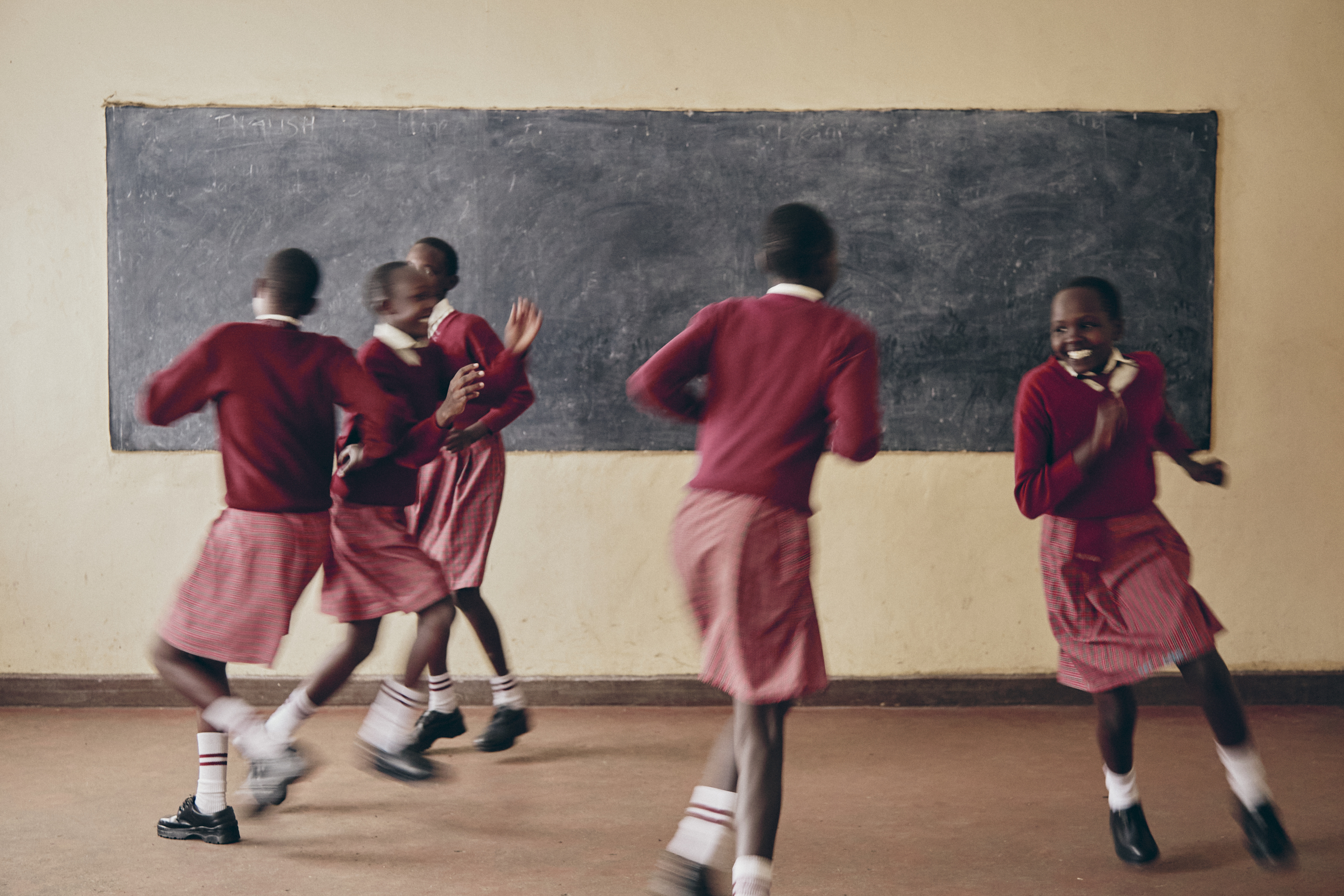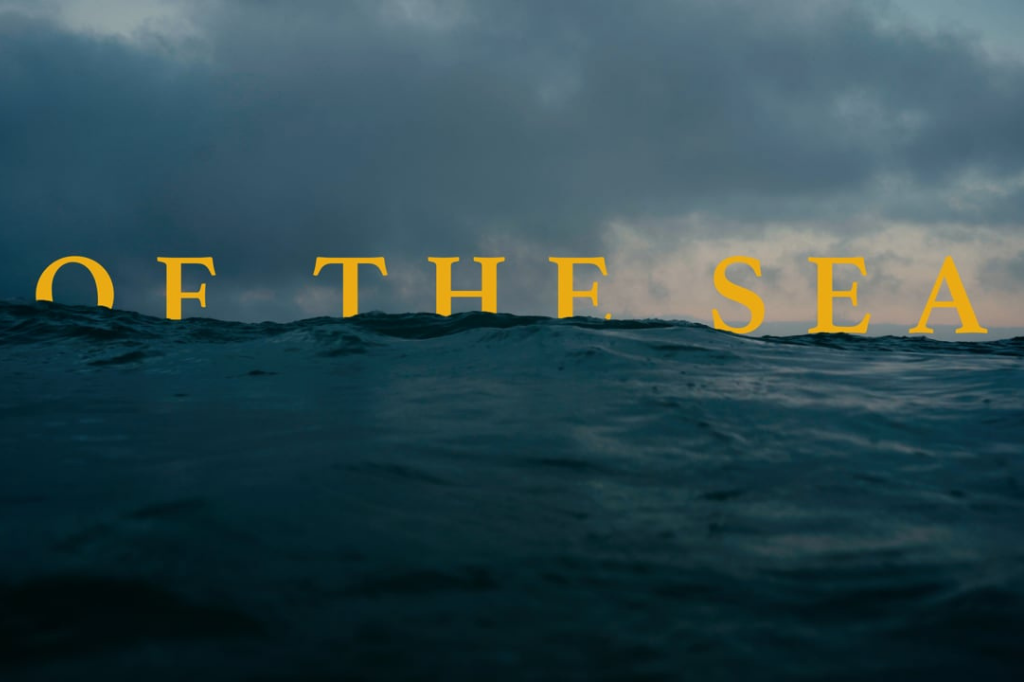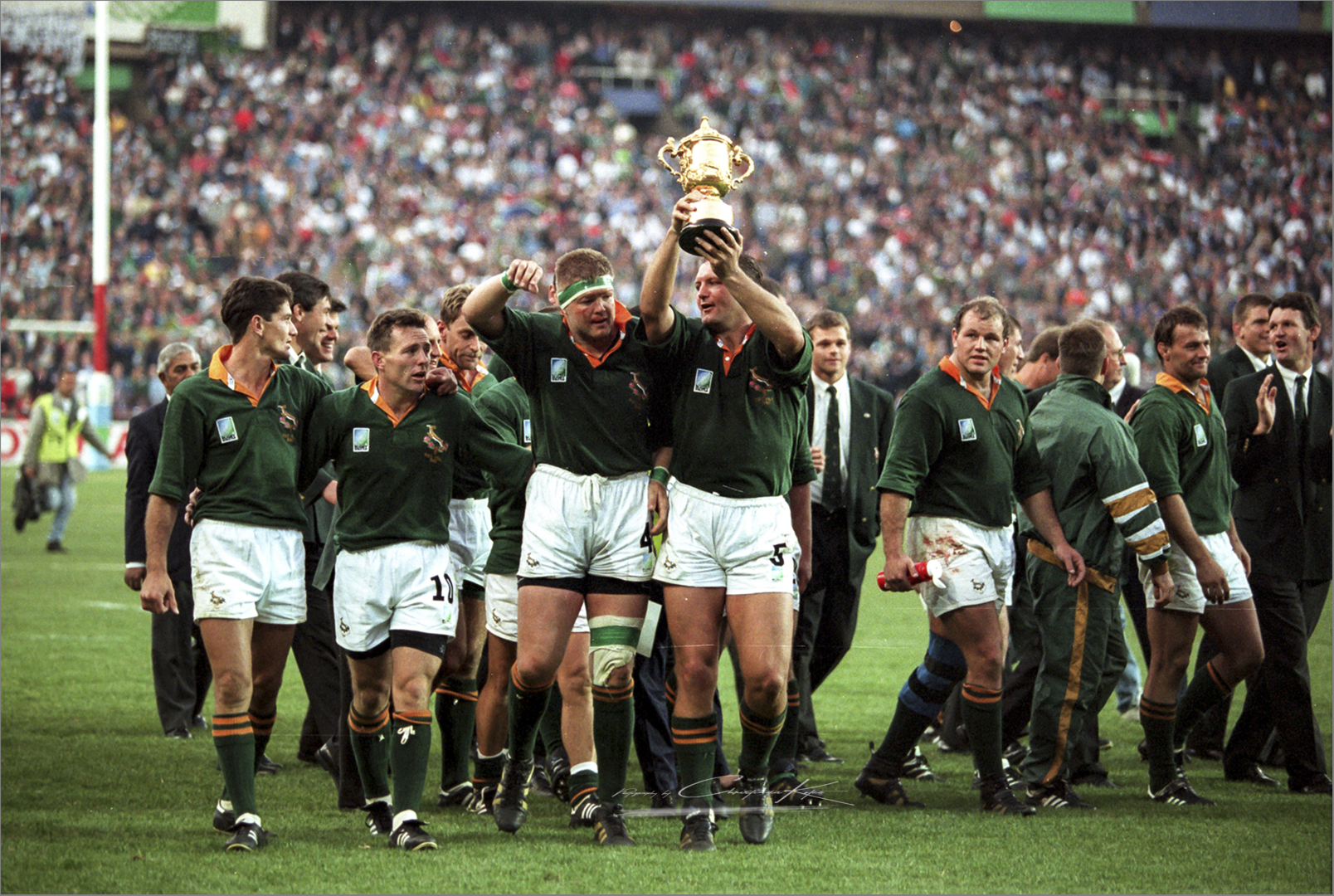Photographer’s rights are being eroded by anti-terrorism and security laws. Where do you stand in the debate?
The laws that apply to photography can sometimes be a quagmire of misinformation and abuse. With different laws being applied in different countries, some enforced and others not, it’s always been very difficult to find out where one really, legally stands when it comes to defending yourself against those saying you are in the wrong.
Yesterday, in an article on A Photo Editor, it became apparent that the police can now question and detain photographers that weren’t acting like tourists. The Long Beach police department said “If an officer sees someone taking pictures of something like a refinery, it is incumbent upon the officer to make contact with the individual.” These officers, who receive no formal photography training, will be able to judge for themselves whether you are a photographer shooting a project or a terrorist surveilling the area, and act upon their judgement. Now, this law is obviously limited to the US, or indeed Long Beach… for now. There has been a global trend of stricter laws targeting photographers, with arguments for national security and anti-terrorism. Last year, the UK government even proposed/passed the Digital Economy Bill, which severely violates the copyright protection of British photographers, and bans non-consensual street photography.
The first problem with most of these laws, is that the layman (which is most photographers, present company included) can’t understand most of them unless they are explained to us. Until I had read photographer John Onderstall’s excellent article on South African photography laws, I would have sooner wrestled with the V&A Waterfront’s security than comply if they had told me to me I’m not allowed to shoot outside – but since the whole area is private property, no matter how public it seems, they have every right to prevent photographers from shooting – and now I know this. Another problem with these laws, is their reason for existing. The trend for stricter international laws for the sake of security is a contentious issue. The argument is degenerative: Protecting freedom through stricter laws which take away your freedom. Does the cost of giving up some personal photography freedom measure up to the benefit of potentially stopping terrorist surveillance? One might be inclined to say yes, but then – what about Google Street View? Or what if the police officer hassling the photographer is too busy to spot the terrorist behind him? Alright, that might never happen, but these laws do unnecessarily increase the responsibilities of the police.
I’m not a lawyer, nor a politician, so I don’t always understand the things they do, or why they do it, but I know where I stand on this argument. Benjamin Franklin once said: “They who can give up essential liberty to obtain a little temporary safety, deserve neither liberty nor safety.” In other words: Those who give up freedom for security, deserve neither freedom nor security.
Where do you stand?
Please note: As I said, I’m not a lawyer (not even close), so don’t take any of this as legal advice. That said, we are looking at having a lawyer do a guest post on the topic of photographer’s rights, keep an eye on Twitter and Facebook for updates.







